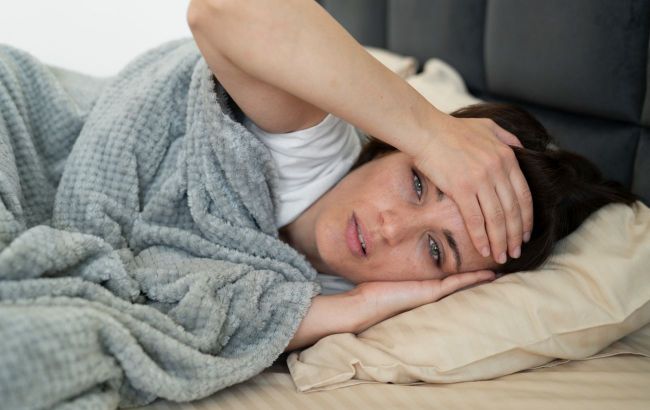This is how your body changes when you go to bed late for 30 days
 Photo: The consequences of going to bed late (Freepik)
Photo: The consequences of going to bed late (Freepik)
Getting good sleep is not a luxury — it’s a vital necessity. Without proper rest, our body and mind don’t function at 100%, Marca reports.
If you feel your sleep quality could improve, Dr. Sara Marin Barbell shares a guide on her social media with simple but science-backed tips for better sleep.
Among other things, the expert notes: "If you go to bed later than eleven o'clock at night, you will notice effects in four weeks."
What are the consequences of going to bed late
While it may seem like a harmless habit, consistently staying up late can have serious effects over days and weeks. According to the expert, during the first week, you may feel more tired, with nothing too alarming at first.
This week, melatonin levels (the sleep hormone) drop, while cortisol levels (the stress hormone) rise.
This leads to a decline in overall well-being and an increase in appetite. By the second week, growth hormone decreases, muscle recovery slows, and in children, it may even lead to stunted growth. The third week is critical, as this is when the brain starts to suffer.
That’s because the brain is no longer being cleansed of the toxins it produces throughout the day; according to the expert, "your brain ends up eating itself."
Starting in the fourth week, the brain enters a state of complete imbalance. At this stage, leptin levels fall while ghrelin increases, which results in constant feelings of hunger. This especially drives cravings for fatty and sugary foods, which can be very harmful. The gut microbiota also suffers.
Doctor's tips for quality sleep
To avoid these consequences, the doctor recommends five simple tips that can be easily incorporated into your daily routine.
One of the most obvious: don’t go to bed later than 11 p.m., as your body produces melatonin, which is key for tissue repair and metabolism regulation — and staying up late disrupts this process.
Try to adjust the room temperature to an ideal range of 18–20°C and make sure the space is completely dark. It’s also important to avoid using your smartphone an hour before bed. The blue light from phones and electronic devices delays sleep onset. Try to eat a light dinner early, always before 9 p.m.
In very specific cases and under medical supervision, certain supplements may be recommended, such as magnesium bisglycinate, L-theanine, ashwagandha, or extended-release melatonin.
This material is for informational purposes only and should not be used for medical diagnosis or self-treatment. Our goal is to provide readers with accurate information about symptoms, causes, and methods of detecting diseases. RBС-Ukraine is not responsible for any diagnoses that readers may make based on materials from the resource. We do not recommend self-treatment and advise consulting a doctor in case of any health concerns.

